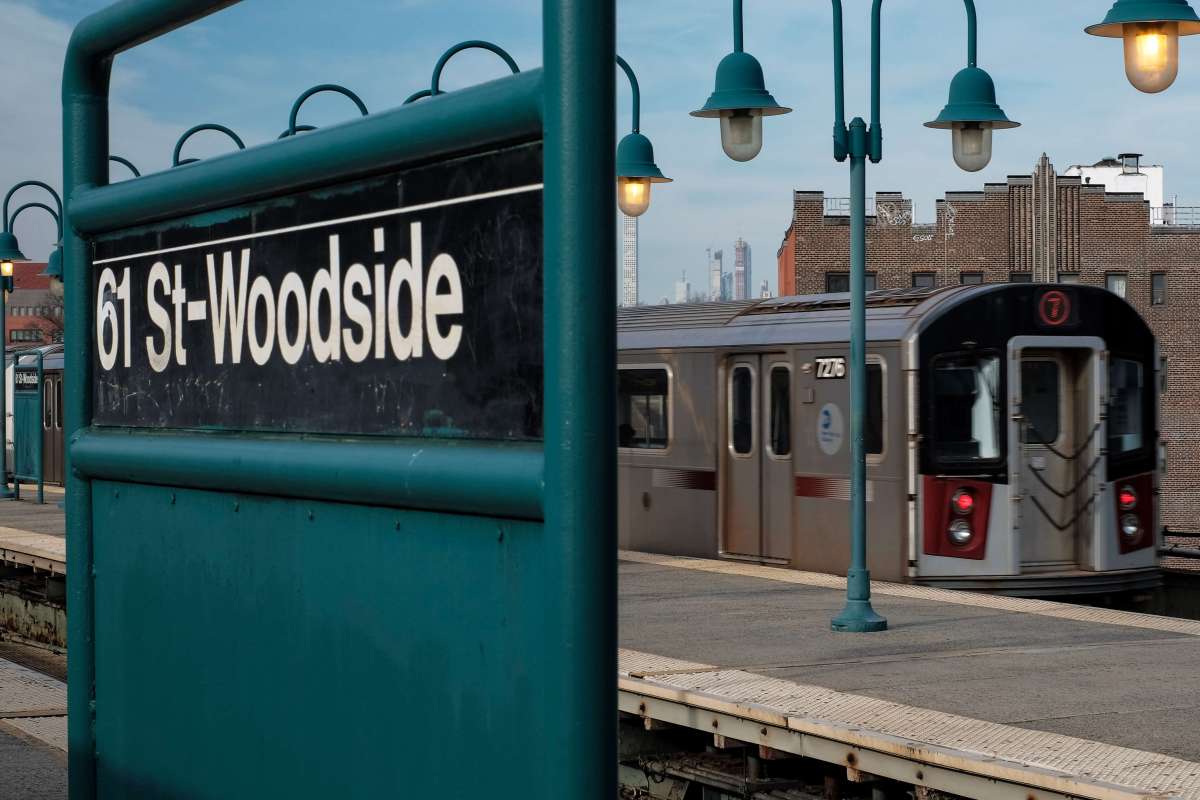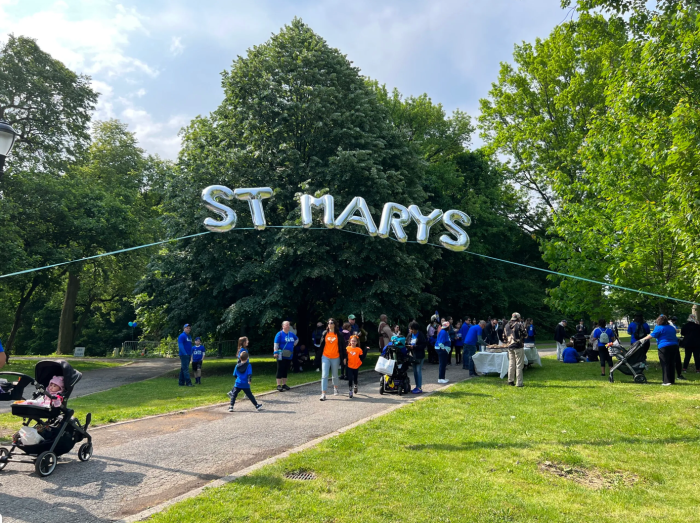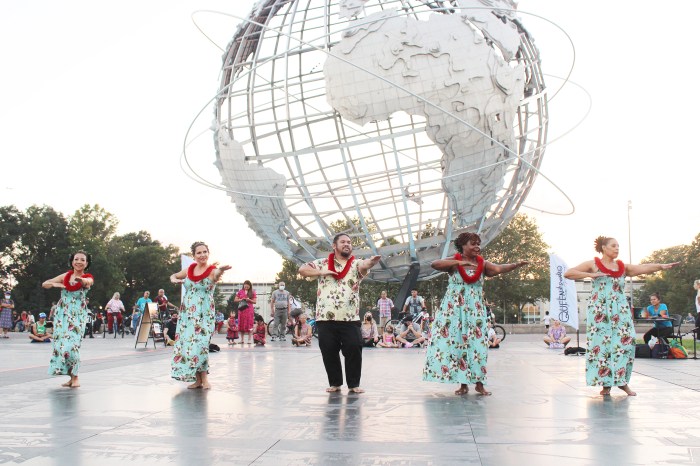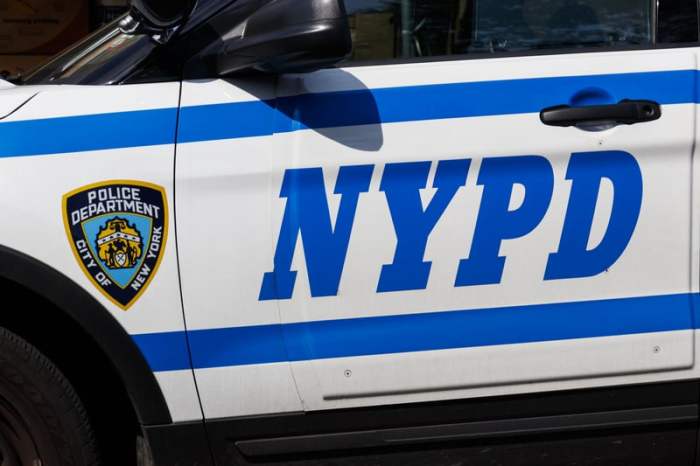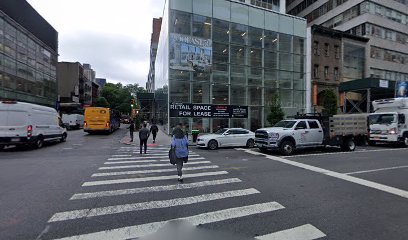The Metropolitan Transportation Authority will not be making any big decisions on whether New Yorkers should pay a higher cost for declining levels of service on trains and buses, voting instead to shelve the controversial fare hike until February.
At the Thursday meeting, members of the board said there should be more specific plans as to how the funds, which would contribute to the estimated $40 billion needed for system-modernizations, would be utilized before raise the fare from $2.75 to $3.
“It is clear that our system needs more money, it is clear that our system needs to be upgraded. There’s two ways to do that,” Scott Rechler, an MTA board member said. “One is to raise fares and tolls and congestion pricing and other revenue sources. The other is to get more out of every dollar by operating and investing our capital more efficiently… the public has lost all confidence the MTA’s ability to actually invest their capital wisely.”
Board membre Lawrence Schwartz said he would not vote in favor of a fare increase unless there were service improvements.
In December, NYC Transit President Andy Byford and other MTA reps held public hearings in Queens and Brooklyn regarding the proposed fare hike in which many residents spoke out against on the grounds that they were not getting improved service in return.
Byford had said it himself November that raising fares was “anathema to me” with the agency was in no position to ask riders to pay more with ridership down due to poor service, but may have no other choice.
“So it’s critical for us, if we’re going to start asking for funding to upgrade our system to a 21st century transit system to fund [Byford’s] Fast Forward plan… that we can prove to the public and regain their trust that we can invest wisely,” Rechler said after acting MTA Chair Fernando Ferrer said the fare hike decision would be considered at the February board meeting.
During Gov. Cuomo’s State of the State address, however, he announced that congestion pricing would finally have a place in the 2020 executive budget more than a year after the FixNYC panel had provided a proposal to charge cars $11 and trucks $25 to enter Manhattan below 60th Street.
The proposal has come with mass support from advocates and politicians, except those in northeast and southwestern Queens.
The Riders Alliance, which has been one of the loudest voices advocating for congestion pricing to address the long-standing issues facing New Yorkers, said the rollout of tolls on vehicles entering the commercial district of Manhattan should precede any fare hike is incurred on public transit commuters.
“Governor Cuomo and the legislature need to pass congestion pricing to fix the subway before we discuss any sort of fare hike. The transit system is valuable to all New Yorkers and riders shouldn’t bear the brunt of a generation of state disinvestment,” Raskin said. “Amid the transit crisis, Governor Cuomo needs to lead the way to restoring safe and reliable service. He needs to fund essential transit upgrades like new signals and train cars and elevators, and the first step toward achieving all of those goals is to pass an MTA funding plan that includes congestion pricing in the upcoming state budget.”
The MTA is currently looking at a $1 billion deficit by 2022, but congestion pricing may bring up to $15 billion to the agency if rolled out in time.

